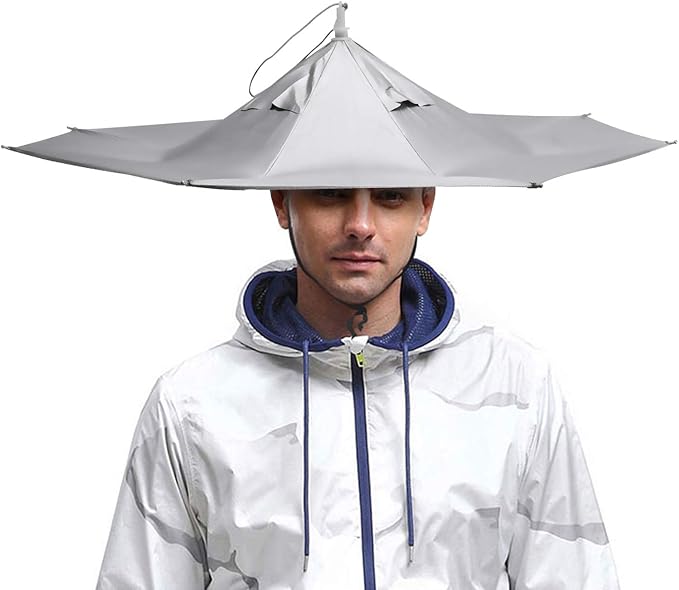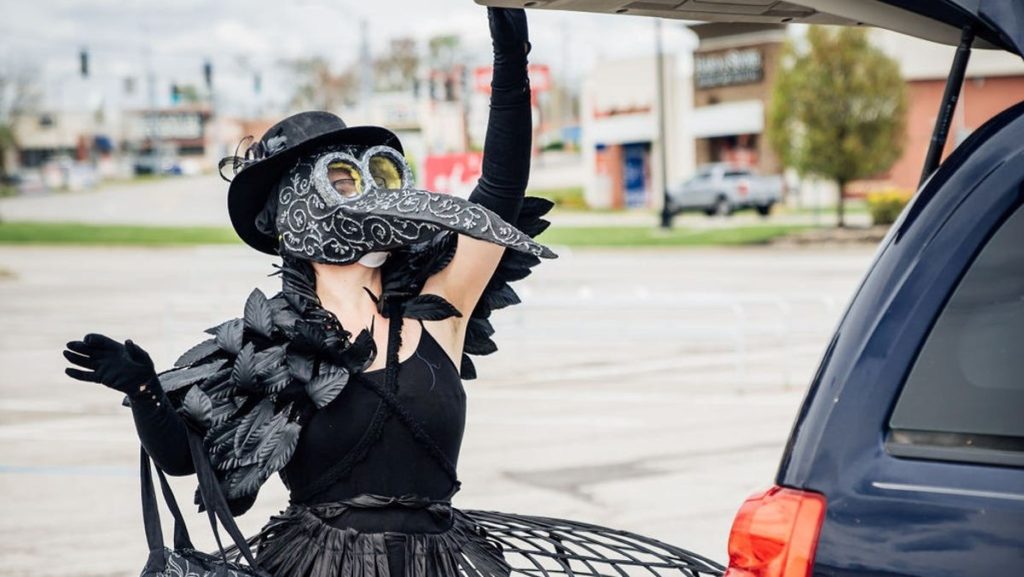Times are hard. Thankfully, you can get inoculated with a little good sense from today’s guest blogger and advice columnist, Pious Petunia.
Dear Pious Petunia: I’m fully vaccinated and Covid restrictions have lifted in my area, but I still feel guilty going into stores without a mask. Also, I can barely bring myself to hug people. Is something wrong with me?
Miss P: Why yes, dear. Of course there is. You’re living through traumatic times. After fifteen-plus months spent regarding all members of the public—along with one’s science-doubting relatives—as walking dispensers of viral load, you can’t expect to recover instantly.
Let’s all admit right now that there is something comforting about masks. Not only do they provide a barrier between your nasal passages and whatever unsavory excretions might emanate (sometimes explosively) from other people, masks also offer a tiny fig leaf of privacy. No more worry about one’s bad breath, that bit of broccoli in one’s teeth, or unplucked post-menopausal chin hairs. Cover it all up with a mask and who’s going to know? Masks also allow one to mouth-breathe in public without censure or stick out one’s tongue at a rude person while keeping one’s eyes pleasantly neutral. Isn’t there freedom and liberty in that?
As for hugging, Miss P joins you in reluctance to take up this awkward cultural practice again. Americans are a huggy people (Miss P can’t speak for Canadians), and this leads to all sorts of social discomfort. Do I hug this friend-of-a-friend I just met? Only if I like them? Do I hug my child’s teacher? The mail carrier? Which hugs are expected and which ones will lead to lawsuits? (Entire workplace seminars are dedicated to this question.) And if I do feel it’s safe/obligatory to hug, how to negotiate that inevitable tangle of arms?
Perhaps Americans could permanently adopt the practice of bowing respectfully, or simply waving cheerily from a reasonable distance. Perhaps Europeans will abandon for good their habit of laying smooches (mwah! mwah!) on both one’s cheeks. Refraining from such customs, however deeply ingrained, would be good for public health and personal dignity.
In any case, keep your distancing skills at the ready and that stash of fashion masks handy. The pandemic is by no means over. The delta variant lurks like alligators in a fetid swamp among the millions of people who remain unvaccinated (and even some who are). Southern California authorities are requiring masks indoors again. And some Tennessee lawmakers have apparently fallen off their rockers. Basic public health principles are “simple and finite,” to paraphrase the inimitable Elle Woods. Yet people persist in mustering bluster against them.

As ever, Miss P observes that people are complicated and irrational. And thus we face the current curious paradox that in order to love one’s neighbor, one must keep one’s distance and raise an N-95 barrier between us. Perhaps it’s best.
Dear Pious Petunia: My church has gone back to in-person worship, but we hardly know how to do it anymore. How long will it take to get back to normal?
Miss P: Alas, what is normal? And do we want to go back to it? Soul-searching on such questions is a good thing, particularly in churches, where soul-searching ought to be our daily business, and yet remains, so often, a sorely neglected practice.
In the case of in-person worship, we must all plan on a jaunty period of low-grade chaos. Pastors unused to actual worshipers in the room will startle during their sermons at every congregational cough and snortle. Musicians will remain pathetically pianissimo because they have forgotten which patch cord plugs into which amp. Formerly fine singers will wobble through uncertain harmonies. Congregants will forget when to stand or sit during the service. Or perhaps they will show up in pajamas, having forgotten the finer points of worship casual attire. Or perhaps—and this is many a church staff’s fear—congregants will “forget” to show up at all.
Moreover, everyone has gone rusty in that most delicate of congregational skills: how to make after-church small talk. This is made worse by the fact that, without Zoom-provided reminders below faces, we can’t recall each other’s names.
Chaos, of course, creates opportunity. So one would hope that your faithful church staff are actively considering what they might have learned from pandemic strictures and how those lessons might carry forward into new, ongoing practices. A living-room rug in the sanctuary for children to bounce around on? Pets welcomed to services? Continued streaming of services, but now with proper compensation for the tech-savvy people who stepped up when no one else knew what buttons to push, let alone what apps to open?
The way forward for each church depends on many factors, of course, and needs to be considered in light of the church’s broad mission. Miss P would simply recommend brave creativity, good process, and large doses of gentleness and patience all around. As always.
Dear Pious Petunia: The pandemic is bad enough, but I see so many other ominous signs, too. Is it the end of the world?
Miss P: Ah. Well. It usually is. Miss P wishes to refrain from inappropriate venturing toward heights of metaphysics that might induce dizziness in herself or others. However, one must face the truth and acknowledge that indeed we live in an age of apocalypse-scale troubles.
The Lord himself offered a checklist of end-times signs in Matthew 24, but we note that the list is rather generic: wars and rumors of wars (perhaps culture wars count), nation against nation, famines, earthquakes, persecution, false prophets, wickedness, missions (see v. 14), vultures (likely a metaphor), astronomical oddities, and tenderized fig trees (also a metaphor).
Question: when, in all of human history since Jesus pronounced these words, have we not been able to tote up examples in every one of those categories, including vultures and fig trees? Exactly. Anyway, the whole list is a kind of apocalyptic tease: Jesus follows it with the famous “You will not know the day or the hour” (Matthew 24:36). So there.
The Lord also left a few key items off this end-times-indicator list. For instance, he said nothing about people living in alternate realities. Yet here we are, attempting to cope with a recalcitrant populace who insist that truth is what they’re told by the most cynically deceptive, ethically challenged purveyors in the “attention economy.” Miss P would politely suggest that “tribal epistemologies” deserves a mention in any Matthew-24-style signs-of-the-end list.
There’s more. What about those human choices that veer beyond the amusingly whimsical to threaten the very fundaments of civilization?
For instance, this is kooky and silly but harmless:

This is in no way OK:

By the way, Miss P is not the only one who finds this product terrifying.
And what kinds of horrors will be next when people insist on doing this to their poodles?

The Lord’s divine caution about predicting whether or not we are “there yet” has not, of course, stopped the end-times-industrial complex from strewing the internet with images of fiery furnaces and trumpeting judgment-angels. These websites seem altogether quaint, however, compared with the actual news headlines: raging wildfires in the American West, record-high temperatures, disruptive Arctic ice melt. A stubborn pandemic. Ocean rise. Species extinctions.
The point is, yes: things are insane. One is indeed tempted to despair.
One could comfort oneself by indulging in abominable ice cream flavors or outrageous canine grooming practices. But Miss P notes that, following up on his own apocalyptic musings, Jesus’ recommendations pretty much amount to: pay attention, be faithful, and get to work. Ora et labora is not just for Benedictines.
It’s always the end of the world. Therefore, Miss P suggests that there is always more than enough to pray about and more than enough good work to do. Find the sanest, kindest people you can—everyone stay six feet apart—choose some outfits that feel like pajamas, console one another, and pour your energy into something good, true, and beautiful.
Main image credit: Cincinnati Enquirer





